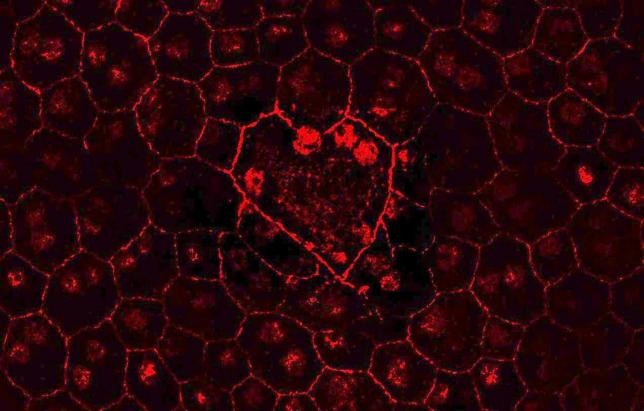A new HIV vaccine that powers up the human immune system to battle the powerful virus has been successfully lab tested on a mouse model, in three studies published on Thursday. Testing of engineered molecules through human trials could later result in one super vaccine.
The studies on human immunodeficiency virus (HIV) treatments were conducted by The Scripps Research Institute (TSRI), and funded by the National Institutes of Health (NIH). Two studies were published in the journal Science, and a third one in Cell.
The medical scientists have the goal of producing a series of vaccinations. The first one would make immune systems that grow and then produce antibodies to neutralize a wide range of HIV strains.
This vaccine would be followed by a second group. They would further promote the HIV-fighting cells to produce antibodies, according to UT San Diego.
The HIV researchers explained that such "sequential" vaccines train the immune system to produce more powerful antibodies gradually. Then it can repel attacking HIV cells.
The new HIV vaccine is unique because previous vaccinations for the sexually transmitted disease (STD) failed to produce these widely neutralizing antibodies. So it is new biotech.
One study in Science reveals that scientists can use a lab-made molecule to trigger the antibody system. It produces protective antibodies that improve when exposed to HIV-like cells.
Next, the HIV study in Cell tackled another issue. It revealed how a different human-engineered molecule could complete the maturity of the neutralizing antibodies.
A second study in Science showed that the engineered molecule in the Cell study functioned well as an HIV vaccine in animals. The three investigations could help to produce one super vaccine.
The scientific studies used mice, rabbit, and monkey cells to test the anti-HIV molecules, according to UPI. Dennis Burton, a TSRI scientist, said that the results were "spectacular."
Now the researchers have a positive outlook about testing their engineered molecules on human subjects, in the search for a HIV cure. That would be in a "Phase 1 trial."
Developing a new HIV vaccine is especially challenging because the virus is well-protected from the human immune system. So the human body's cell structures must be tweaked.



























